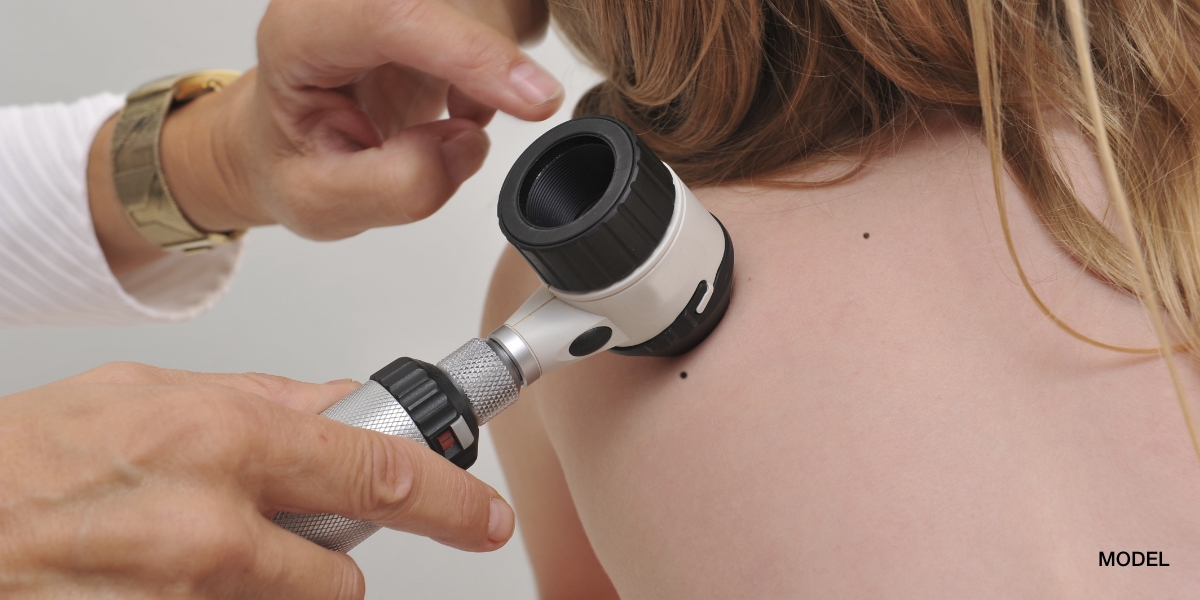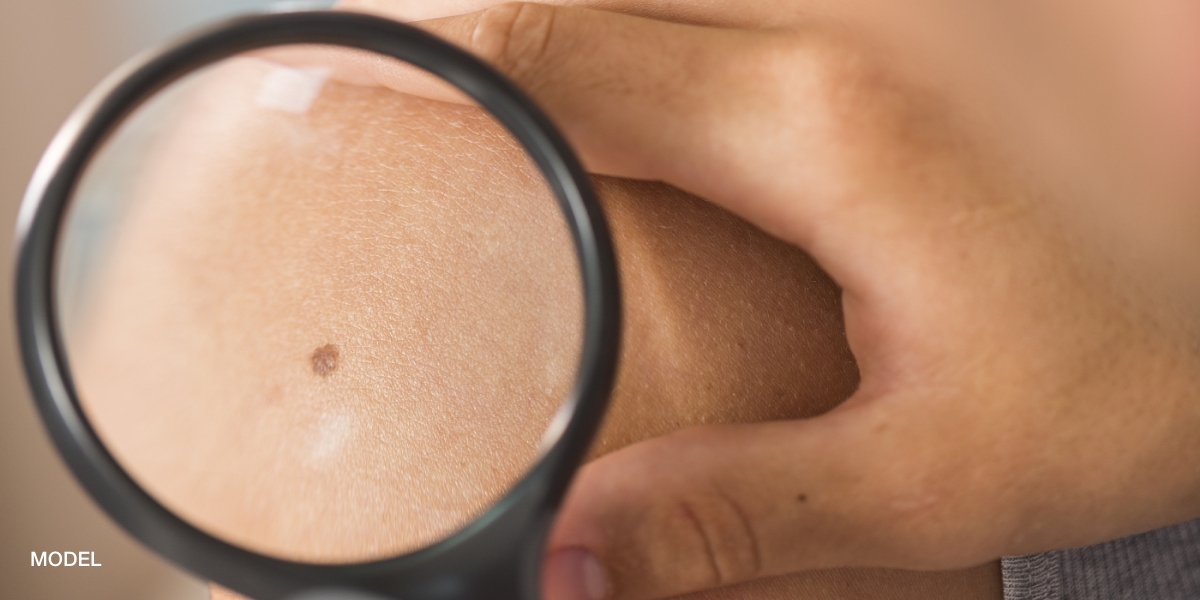Candida albicans is a yeast which is part of the normal flora of the skin, gastrointestinal tract and genitourinary tract. Candida usually remains quiescent and does not become a human pathogen unless the right conditions emerge. In patients on long term antibiotic usage, the normal bacterial flora can diminish and allow Candida to become pathogenic resulting in “yeast infections.” Patients who become immunosuppressed may also experience an overgrowth of Candida and subsequent Candidiasis. On the skin, intertriginous areas such as the axillae, groin, neck, inframmamary area, or under folds of excess skin can develop an environment very hospitable to Candida if they become humid, sweaty and moist. A Candida skin rash usually has a beefy red appearance with multiple satellite lesions and pustules. The appearance of a skin rash due to Candida is much more moist than the more dry, scalier rash of tinea corporis, a common fungal infection. Candida can be best treated with a topical -azole medicine such as the over the counter Lotrimin cream which is the brand name for clotrimazole. Lotrimin should be applied twice a day until the rash resolves. A prescription cream called ketoconazole can also be very effective. The oral antifungal medicine, Diflucan (fluconazole), can be used in more extensive Candida infections.
September 23, 2011




